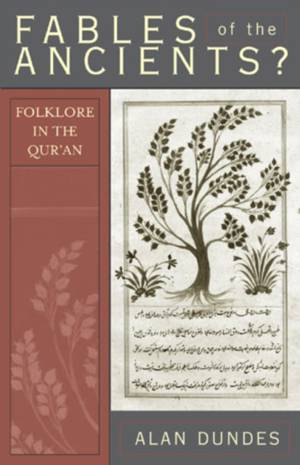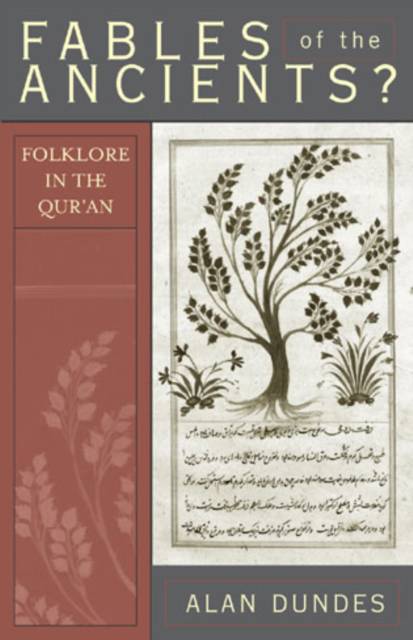
- Retrait gratuit dans votre magasin Club
- 7.000.000 titres dans notre catalogue
- Payer en toute sécurité
- Toujours un magasin près de chez vous
- Retrait gratuit dans votre magasin Club
- 7.000.000 titres dans notre catalogue
- Payer en toute sécurité
- Toujours un magasin près de chez vous
43,45 €
+ 86 points
Format
Description
Given the widespread consensus that the Qur'an was in oral tradition before being committed to written form, it should come as no surprise to learn that the Qur'an still bears the traces of its original oral form. The field of knowledge most concerned with oral tradition is folkloristics, the study of folklore. Folklorist Alan Dundes has carefully and respectfully documented some of these unmistakable traces. These traces include numerous oral formulas repeated throughout the Qur'an as well as several traditional folktales. Just as Jesus effectively used parables to get His message across, so similar means are to be found in the Qur'an. The scholarly identification of formulas and folktales in the Qur'an represents an entirely new approach to this world-famous religious text. Not only does it provide insight into the basic composition of this sacred document, but for readers not previously familiar with the Qur'an, it pinpoints and makes accessible many of the principal themes contained therein.
Spécifications
Parties prenantes
- Auteur(s) :
- Editeur:
Contenu
- Nombre de pages :
- 104
- Langue:
- Anglais
Caractéristiques
- EAN:
- 9780742526723
- Date de parution :
- 28-05-03
- Format:
- Livre broché
- Format numérique:
- Trade paperback (VS)
- Dimensions :
- 140 mm x 214 mm
- Poids :
- 136 g







